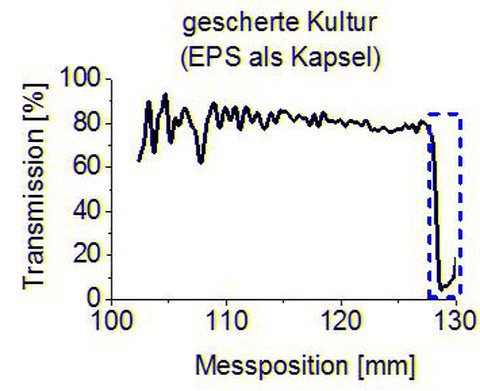Separation of bacterial starter cultures: Influence of the exopolysaccharide production on efficiency and scalability of the centrifugation step
Lactic acid bacteria (LAB) are playing a major role for the production of various bakery and dairy products. Those starter cultures are made in a fermentation process under appropriate conditions like a defined temperature, composition of the nutrient solution and pH value. Fermentation is usually followed by a separation step by means of centrifugation. The subsequent treatment covers the addition of additive agents and freeze-drying to ensure long term stability.
A multitude of different strains are commercially used which differ in their properties and their area of application. This results in the need of a flexible and custom made production process of the cultures. With regards to the separation step there is a huge potential of optimization as the main influencing factors are rarely investigated by today. For newly developed cultures, industry has a high demand for scalability models to design the production-scale process from laboratory experiments. Existing models are not satisfying because they are based on inorganic particulates. In contrast to that biological systems represent a more challenging task.
In cooperation with:
- Karlsruhe Institute of Technology (KIT), Karlsruhe, Chair of Processing Machines
- Kompetenznetz Verfahrenstechnik Pro3 e.V., Stuttgart
Supported by:
- AiF Industrielle Gemeinschaftsforschung via FEI, grant: AiF 18605 BG
Project researchers and contact:
Former research assistant
NameDr.-Ing. DLC Susann Mende
Send encrypted email via the SecureMail portal (for TUD external users only).
 © Sven Ellger
© Sven Ellger
Research Assistant
NamePD Dr.nat.techn. et Ing.habil Doris Jaros
Biomacromolecules
Send encrypted email via the SecureMail portal (for TUD external users only).
 © Tobias Ritz
© Tobias Ritz
Senior Professor for Food Engineering
NameProf. Dipl.-Ing. Dr. nat. techn. habil. Harald Rohm
Send encrypted email via the SecureMail portal (for TUD external users only).


